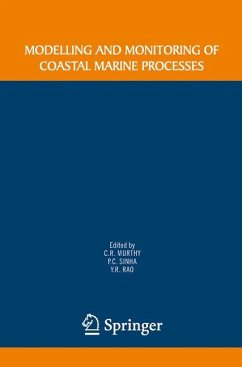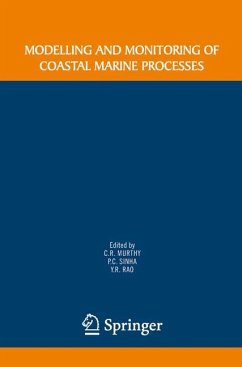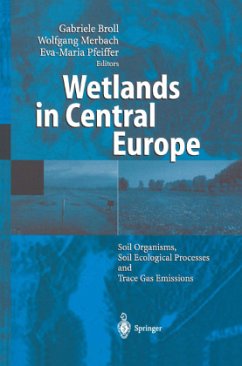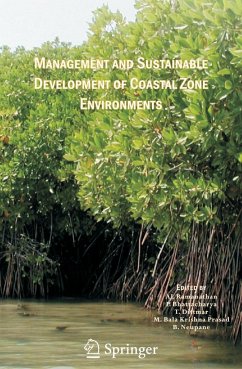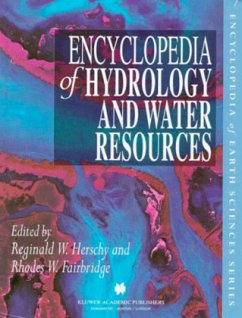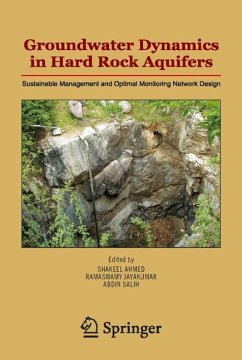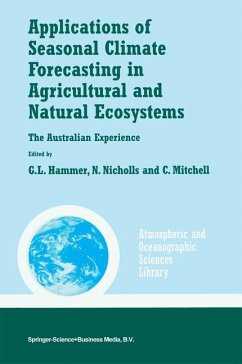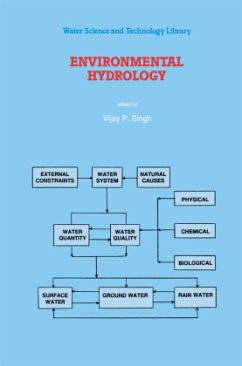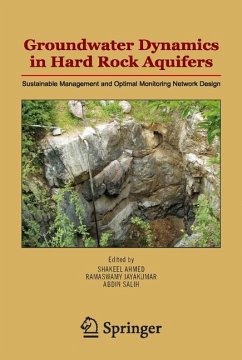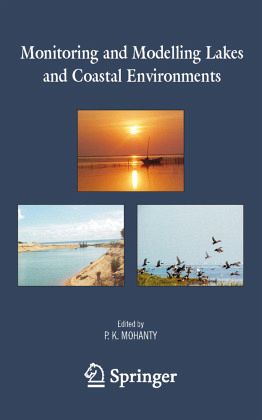
Monitoring and Modelling Lakes and Coastal Environments
Versandkostenfrei!
Versandfertig in 6-10 Tagen
76,99 €
inkl. MwSt.

PAYBACK Punkte
38 °P sammeln!
Lakes and coastal wetlands all over the world are ideal places for human habitation, fisheries, industries, shipping and recreation. Habitat environments of lakes and coastal wetlands are deteriorating due to their exploitative use and improper management. As rapid development and population growth continue in coastal areas, environmental degradation and over exploitation will further erode the biodiversity and undermine the productivity of these unique ecosystems.Lakes and coastal wetlands are transitional areas between dry terrestrial and permanent aquatic ecosystems and are recognised as hi...
Lakes and coastal wetlands all over the world are ideal places for human habitation, fisheries, industries, shipping and recreation. Habitat environments of lakes and coastal wetlands are deteriorating due to their exploitative use and improper management. As rapid development and population growth continue in coastal areas, environmental degradation and over exploitation will further erode the biodiversity and undermine the productivity of these unique ecosystems.
Lakes and coastal wetlands are transitional areas between dry terrestrial and permanent aquatic ecosystems and are recognised as highly productive. Their importance in socio-economic frontiers has been increasingly felt. Over 200 rivers and lakes in the world are shared by two or more countries. This envisages their international importance. Various efforts are currently underway to develop technologies and systems for successful management of lakes and coastal wetlands both at national and international levels. However, conflicting interests in the use of their resources have led to further worsening of the problems facing lakes and coastal wetlands. Therefore, an earnest attempt has been made in the present book to find ways for restoration, conservation and management of lakes and coastal wetlands.
Lakes and coastal wetlands are transitional areas between dry terrestrial and permanent aquatic ecosystems and are recognised as highly productive. Their importance in socio-economic frontiers has been increasingly felt. Over 200 rivers and lakes in the world are shared by two or more countries. This envisages their international importance. Various efforts are currently underway to develop technologies and systems for successful management of lakes and coastal wetlands both at national and international levels. However, conflicting interests in the use of their resources have led to further worsening of the problems facing lakes and coastal wetlands. Therefore, an earnest attempt has been made in the present book to find ways for restoration, conservation and management of lakes and coastal wetlands.






